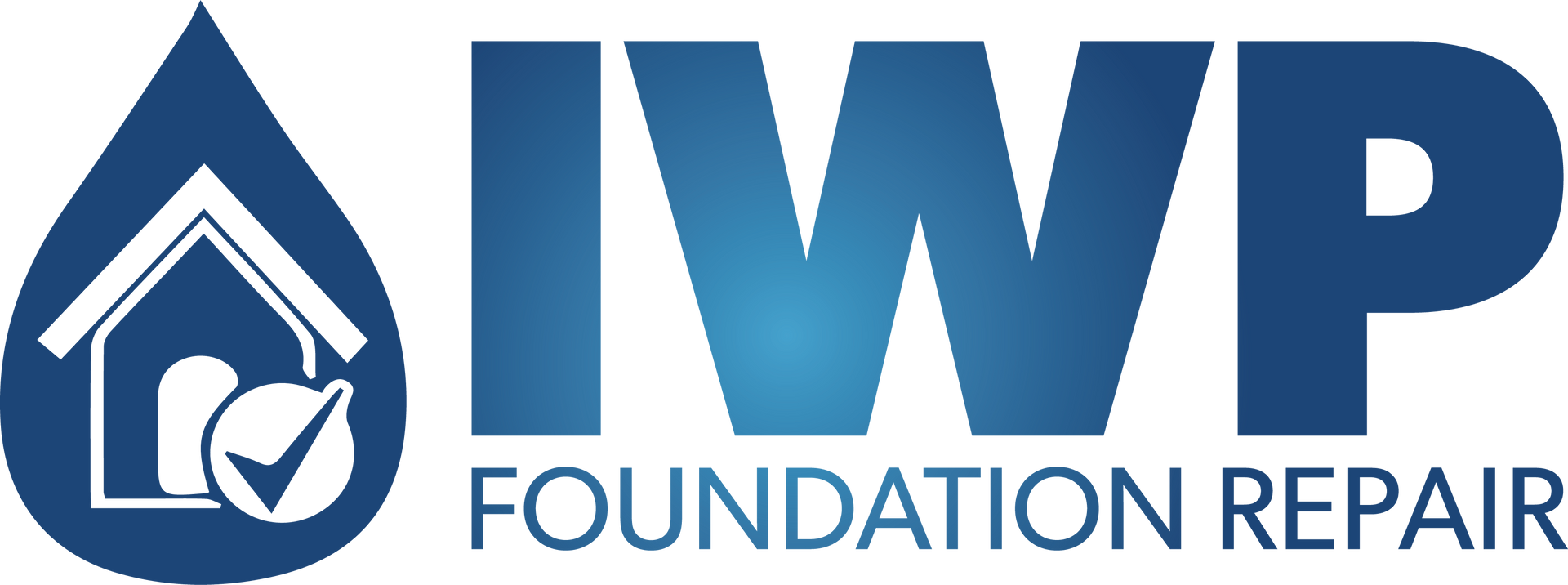The Connection Between Plumbing Leaks and Foundation Damage
The Connection Between Plumbing Leaks and Foundation Damage
Plumbing leaks are often perceived as minor inconveniences that lead to higher water bills and occasional water damage. However, these leaks can have far-reaching consequences, including significant damage to a home's foundation. Understanding how plumbing issues can lead to foundation problems is crucial for homeowners who want to protect their property from costly repairs and structural damage. This article explores the connection between plumbing leaks and foundation damage and offers practical steps homeowners can take to prevent such issues.
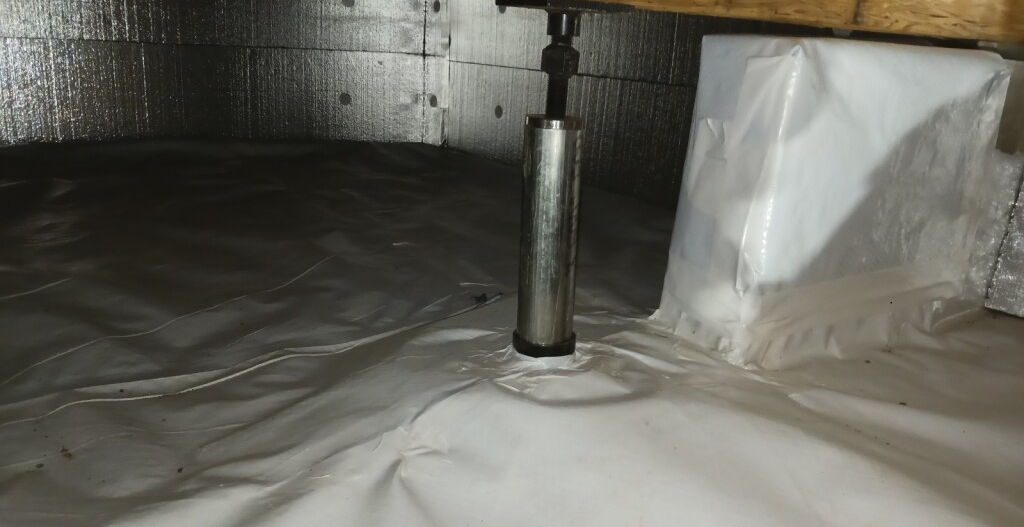
How Plumbing Leaks Lead to Foundation Damage
Soil Expansion and Contraction
Clay Soils: In regions with clay-rich soil, plumbing leaks can cause the soil to absorb excessive water. This leads to soil expansion, which puts pressure on the foundation, causing it to shift or crack.
Soil Drying: Conversely, if a leak stops or the soil dries out after prolonged wetness, the soil can contract. This can leave gaps and voids under the foundation, causing it to settle unevenly and crack.
Erosion
Water Runoff: Persistent leaks can lead to erosion of the soil around and under the foundation. This erosion removes the support that the foundation relies on, leading to subsidence and structural damage.
Void Formation: As soil is washed away, voids can form, causing parts of the foundation to sink or settle unevenly, leading to cracks and destabilization.
Hydrostatic Pressure
Water Accumulation: When water from leaks accumulates around the foundation, it increases hydrostatic pressure against the foundation walls. This pressure can cause walls to bow, crack, or even collapse in severe cases.
Frost Heave
Cold Climates: In colder climates, water from leaks cap seep into the soil and freeze during winter. As water freezes, it expands, exerting upward pressure on the foundation (frost heave). This can cause cracks and structural shifts.
Increased Humidity
Moisture and Mold: Increased moisture levels due to leaks can elevate humidity in crawlspaces and basements, promoting mold growth and wood rot. This compromises the structural integrity of support beams and joists, indirectly affecting the foundation.
Preventing Foundation Damage from Plumbing Leaks
Homeowners can take several proactive measures to prevent plumbing leaks from causing foundation damage:
Regular Plumbing Inspections
Professional Inspections: Schedule annual or bi-annual inspections by a licensed plumber to detect and fix leaks before they cause significant damage.
DIY Checks: Regularly check visible plumbing fixtures and exposed pipes for sings of leaks, such as water stains, mold, or dampness.
Maintain Proper Drainage
Gutters and Downspouts: Ensure that gutters and downspouts are clean and direct water away from the foundation. Install downspout extenders if necessary.
Grading: The soil around the foundation should slope away from the house to prevent water from pooling near the foundation.
Repair Leaks Promptly
Immediate Action: Address any leaks immediately, no matter how small. Even minor leaks can escalate and cause significant damage over time.
Professional Repairs: Hire qualified professionals to repair plumbing issues to ensure the job is done correctly and to avoid further complications.
Professional Repairs: Hire qualified professionals to repair plumbing issues to ensure the job is done correctly and to avoid further complications.
Install a Water Leak Detection System
Automatic Shutoff: Install a water leak detection system with an automatic shutoff valve to detect leaks early and prevent extensive water damage.
Monitoring Systems: Use smart water monitors that alert you to unusual water usage patterns, indicating potential leaks.
Foundation Waterproofing:
Exterior Waterproofing: Apply a waterproof membrane to the exterior of foundation walls to prevent water penetration.
Interior Waterproofing: Use sealants and coatings on the interior foundation walls and floors to create an additional barrier against water infiltration.
Maintain Plumbing System
Pipe Insulation: Insulate pipes to prevent them from freezing and bursting during cold weather.
Water Pressure Regulation: Ensure that water pressure is regulated within safe limits to prevent pipe bursts.
Landscape Considerations
Place Placement: Plant trees and shrubs away from the foundation to prevent roots from interfering with drainage and plumbing lines.
Irrigation: Ensure that irrigation systems do not oversaturate the soil near the foundation.
Plumbing leaks can have a profound impact on a home's foundation, leading to costly repairs and potentially compromising the structural integrity of the property. Understanding the connection between plumbing issues and foundation damage is the first step in preventing such problems. By conducting regular plumbing inspections, maintain proper drainage, promptly repairing leaks, and implementing preventative measures, homeowners can protect their foundations from the detrimental effects of water damage. Taking these proactive steps not only safeguards the structural health of the home but also provides peace of mind and long-term savings.
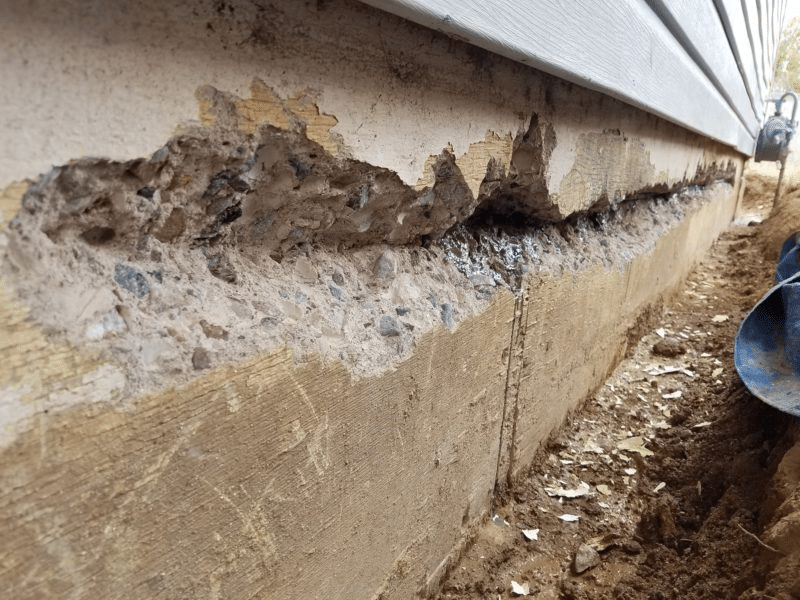
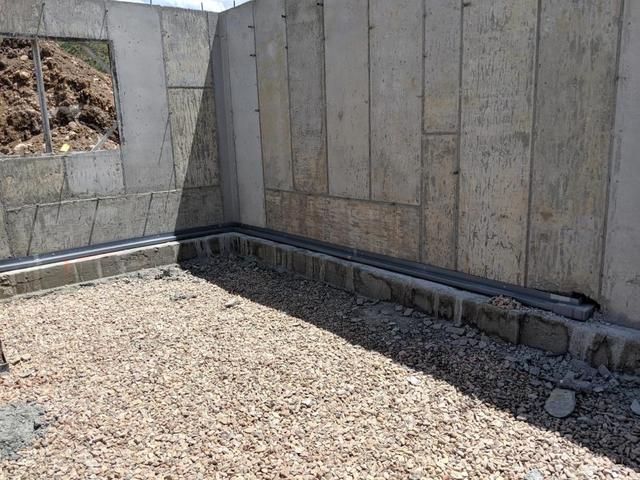


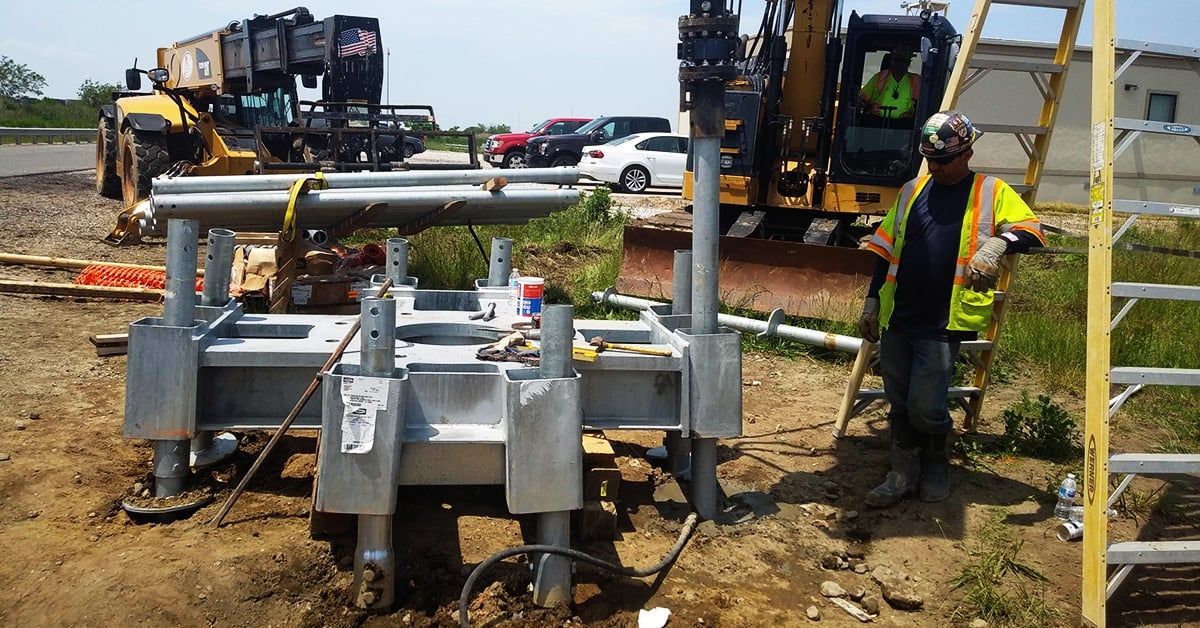

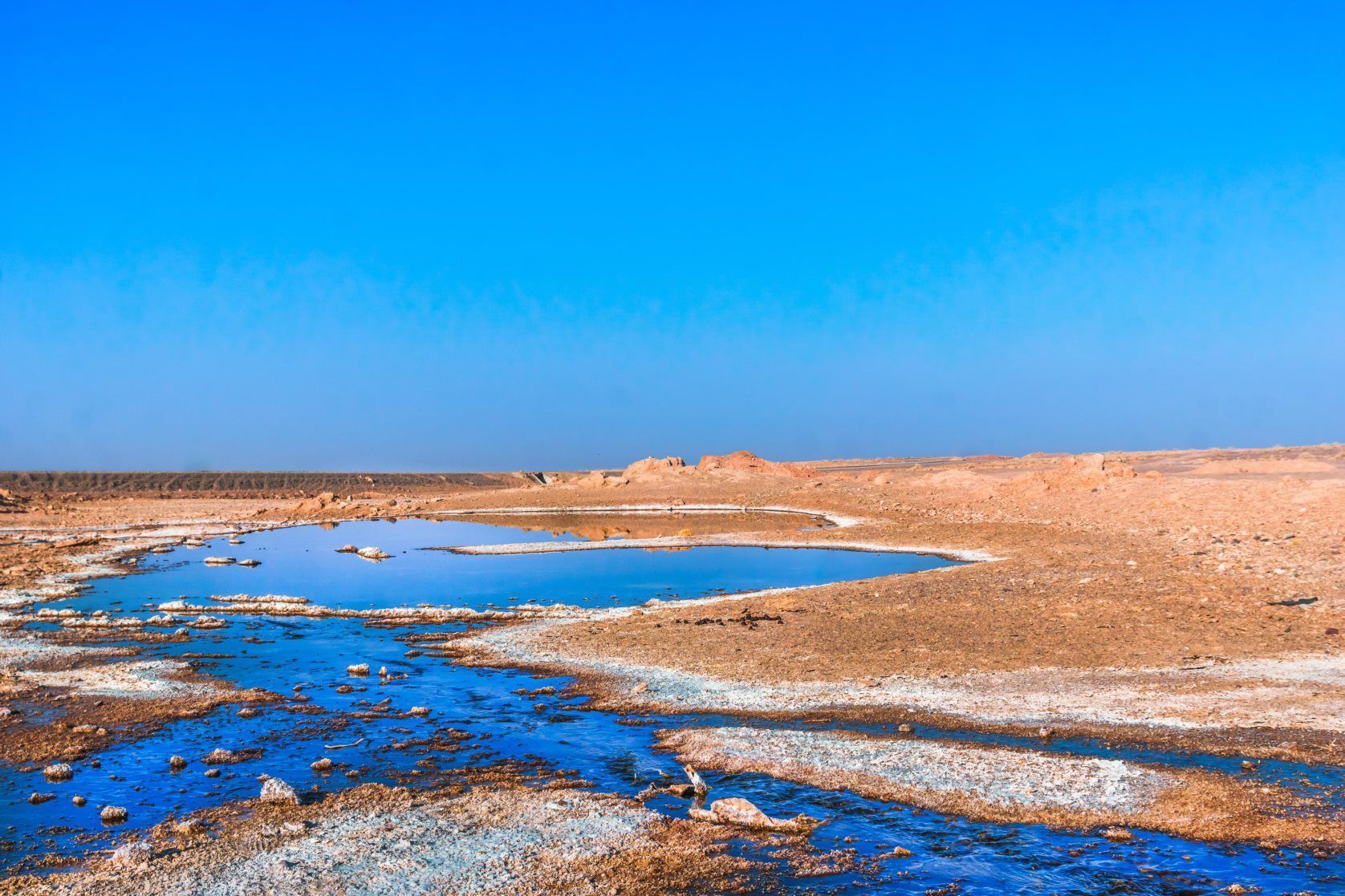
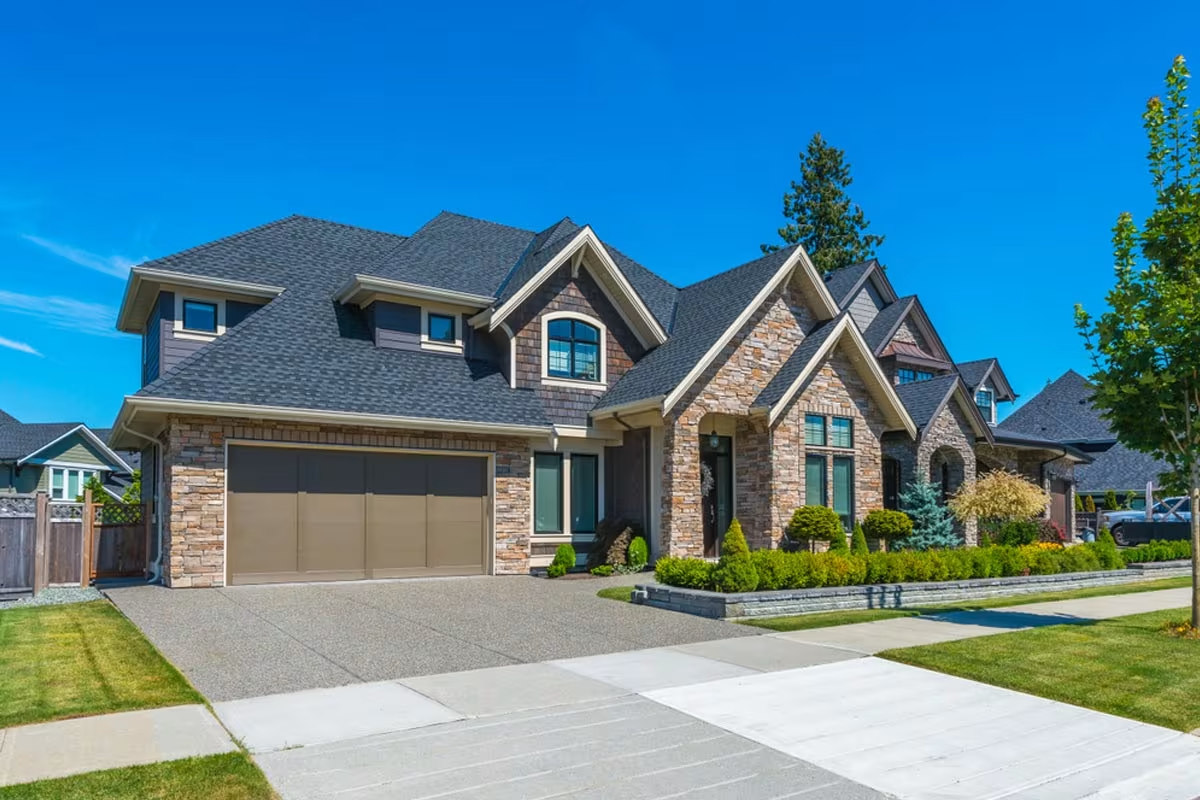


HAVE PEACE OF MIND WITH IWP FOUNDATION REPAIR
With over 30 years of combined experience in the business, you know that you can trust our team to get the job done right the first time. We value the customer experience, which is why we take the time to listen to your concerns, answer all your questions, and explain the best plan of action for your home. If you’ve noticed any foundation issues at all, no matter how minor they seem, you should call a professional. Our expert team is waiting for you, so call today for a free evaluation!
